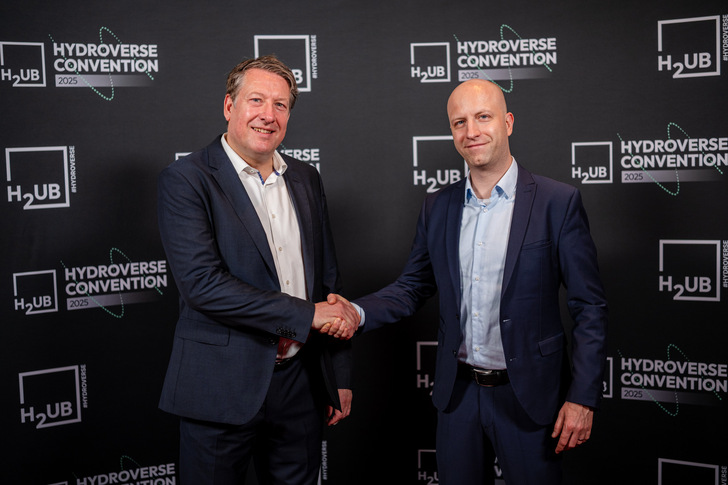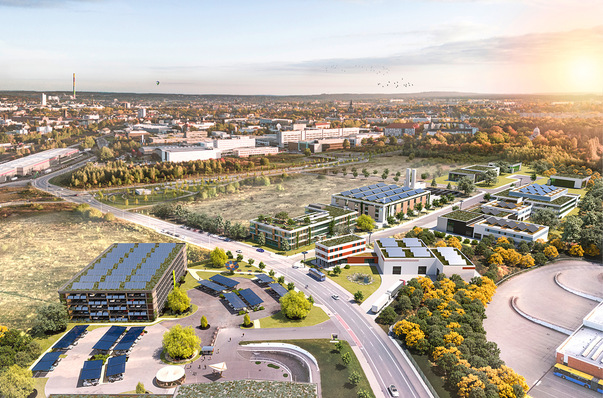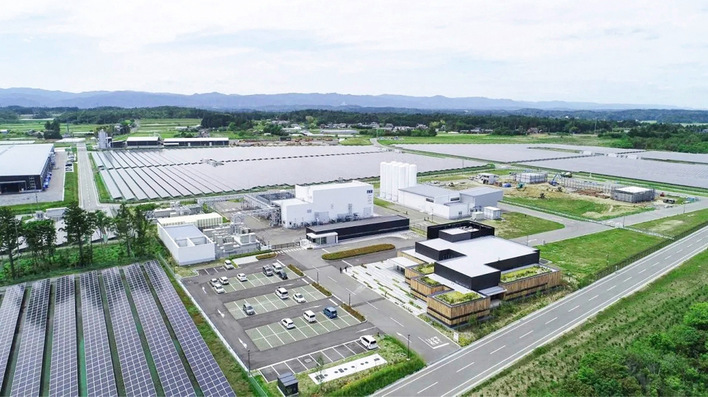Hydropulse GmbH, a subsidiary of the British electrolyzer manufacturer ITM Power, has entered into a strategic partnership with the Hamburg-based project developer Eternal Power. Together, the companies aim to accelerate the implementation of industrial hydrogen projects in Germany. The start of supply is planned for summer 2025.
Hydropulse contributes a container-based production model for green hydrogen to the partnership. The plants are built, operated and delivered to industrial customers under long-term supply contracts. Eternal Power is responsible for project development, including site identification, permitting procedures and marketing.
“With Eternal Power at our side, we can scale faster and deliver more efficiently – we are bringing hydrogen to industrial users where it is already needed today, not years from now,” says Dennis Schulz, Managing Director of Hydropulse and CEO of ITM Power.
The target group of the partnership is industrial off-takers for whom the “Hydrogen-as-a-Service” model is suitable. According to the companies, it is intended to minimize investment risks and simplify access to green hydrogen. Eternal Power contributes its experience in project development and its industrial customer network.
“From today, Hydropulse forms the bridge between electrolysis technology and real-world application,” says Moritz Schwencke, Managing Director of Eternal Power. Together with ITM Power and its standardized PEM electrolyzer systems, the aim is to accelerate on-site deployment.
Hydropulse is based in Berlin and focuses on decentralized hydrogen production for industrial applications. Eternal Power was founded in 2021 and develops projects along the entire value chain – from site assessment to logistics. The company is active in several countries, including Germany, Sweden and overseas. The products are sold and shipped to customers such as utilities, fertilizer manufacturers, chemical companies and freight and logistics corporations.
The aim of the partnership is to implement projects that have so far been delayed due to high upfront costs, technological complexity or lengthy permitting processes. The companies want to contribute to the accelerated ramp-up of the hydrogen economy.






